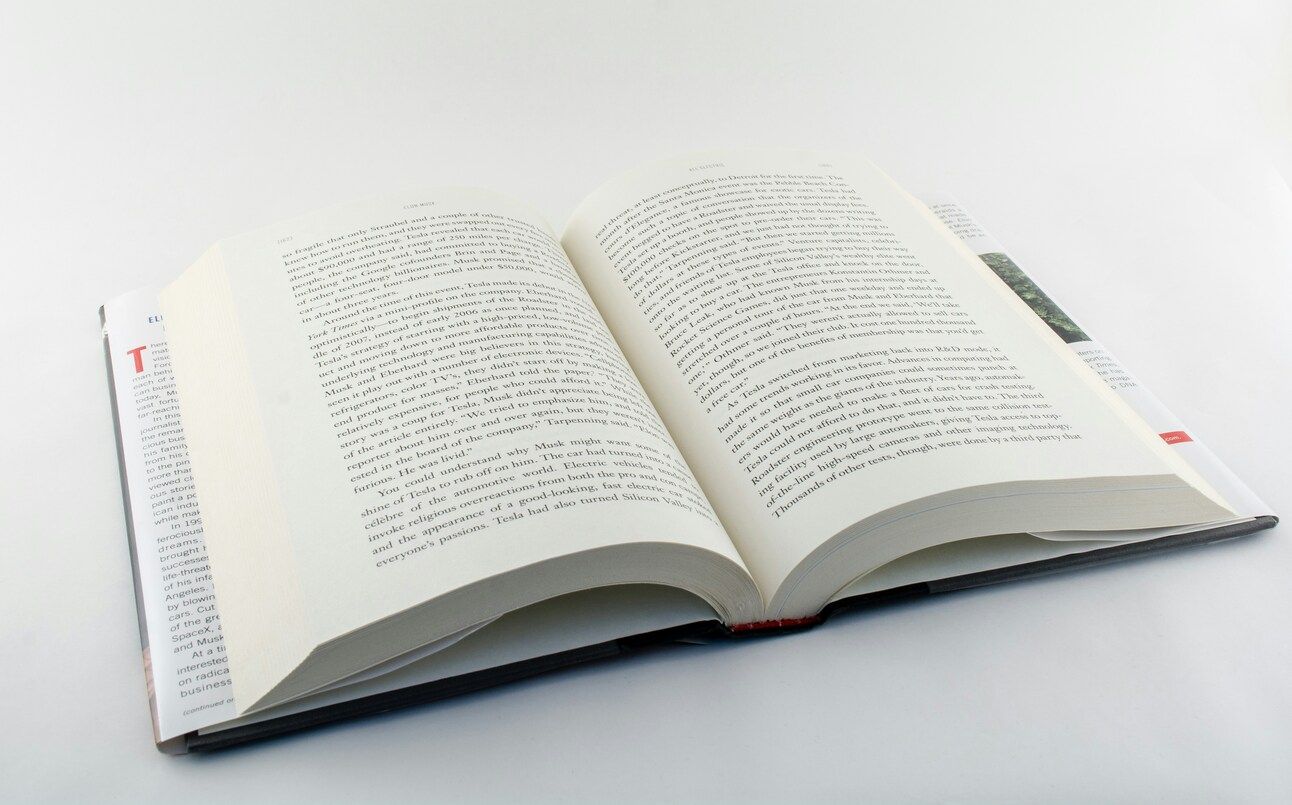Let me guess. I bet you feel like everyone around you is richer than you. You feel like you’ll never catch up with the proverbial “Joneses”, right?
Not so fast, my friend.The simple truth is that people don’t have nearly as much money as you think they do. And, that you’re already a lot richer than you think.

According to Pew Research, the average middle class salary for a single person ranges from $32,048-$96,144. For a family of four it’s $65,036-$195,120 per year. Of course, it’s highly dependent on where you live.
Hey, real quick, If you’re reading this article on LinkedIn, we’d love for you to join our community of 25,000 readers. The newsletter comes out every Monday morning via email. It’s always free, and we’re always looking for new friends. Please join us by clicking here.
That’s not an enormous amount of money by American standards, but I wondered: would more money make people any happier?

Lovely & Thurston: they were rich long before Zuck, Bezos and Musk.
Can’t Buy Me Love…. 🎶
The experts love to say that money doesn’t buy happiness. But, I sure would like to test that theory. I mean, if a little bit of money makes me happy, wouldn’t a wheelbarrow full of “Ben Franklins” make me exponentially happier?
Yes, but only to a point, thanks to a concept called “diminishing marginal utility”. We do gain satisfaction or happiness from more money. The key insight here is that the more money you have, the less additional happiness each extra dollar brings.

The Ivy League
Okay, so if money isn’t the secret ingredient to a lifetime of rainbows and butterflies, what is? Maybe the answer lies in a Harvard University study that’s almost 100 years old.
During the Great Depression, Harvard researchers began tracking the health and happiness of a group of students. They were hoping to uncover the long-term ingredients for a happy life. The control group was comprised of Harvard College sophomores (the Grant Study group), including students like John F. Kennedy, Jr. who would go on to become our 35th President.
Today, only 19 of the original 268 participants are still alive, and they are in their 90s. Over the course of their lives, these participants endured a barrage of poking and prodding. Every two years they were asked detailed questions about their marriages, job satisfaction and social lives, including their personal and professional victories and defeats. Every aspect of their lives was an open book.

Researchers studied the participant’s mental health and focused on what brought them happiness or sadness over time. The findings of this longitudinal study can be broken down into three categories but, more importantly, money played little or no role in overall health or happiness:
Personal Relationships. While each participant’s health played an important role in their happiness, there was a more important finding: personal relationships—and the happiness of those relationships—had an enormous impact on a participant’s health.

Healthy is Happy: Aging is an ongoing process. But, researchers identified age 30 as the turning point of health trajectory. Those who had taken better care of themselves early in life were healthier and happier later in life.

The Six Key Ingredients: six important factors dramatically impacted the happiness of the Harvard cohort. They are as follows:
Frequent participation in physical activity
Not smoking
Maintaining a healthy weight
Having a stable marriage
Limiting the use of alcohol.
Having a mechanism to deal with life’s inevitable ups and downs.

Okay, so personal relationships and taking care of yourself are two key ingredients for happiness. But, I’m still not convinced that wheelbarrow of cash wouldn’t make me smile more often.
Enter Nobel Prize laureates Daniel Kahneman and Angus Deaton. In 2020 they published a paper that found that higher incomes increase well-being, but only up to a certain point. That point is roughly $108,000 in today’s dollars. The amount of happiness money brings is inversely proportional to your earnings.
For example, if you’re earning $20 an hour as a barista, that equates to an annual income of $40,800. A 20% increase of $9,600 has a meaningful impact on what you can afford to do.

See, if you’re a single parent and you are barely putting food on the table and gas in the car at $20 an hour, that extra $9,600 has an enormous impact on your ability to provide for your family.
If the same parent is a Lawyer earning $150,000 they’re still excited to get a 20% pay increase. But, that pay increase is not going to impact whether the kids have enough to eat or whether she has enough gas in the car to make it to work.

Alrighty, hopefully we’ve learned a lot here today about money and happiness. Here are the key lessons.
First, people don’t have as much money as you think they do. (Or as much money as they want you to think they do.)
Second, according to the longest study on happiness in history, personal relationships—and the happiness of those relationships—had an enormous impact on a participant’s health and happiness.
Third, those who had taken better care of themselves early in life were healthier and happier later in life.
Fourth, people who participate in physical activity, do not smoke, maintain an healthy weight and stable marriage, limit their use of booze and have an outlet to deal with life’s ups and downs are simply happier.
Fifth, Daniel Kahneman and Angus Deaton found that money does make us happier but only up to $108,000. After that it’s just extra money and taxes, but any happiness you get is merely a coincidence.
Has money ever brought you happiness? I’d love to hear your thoughts - and 99% of thoughtful messages will hear back from me. (1% margin for error cause, you know, I’m human.)
If you’re new to Wit & Wisdom, we’d love for you to join our community of 25,000 readers. The newsletter comes out every Monday morning via email. It’s always free, and we’re always looking for new friends. Please join us.
If you enjoyed this article, why not send it on to someone you care about? You can simply forward this email.

